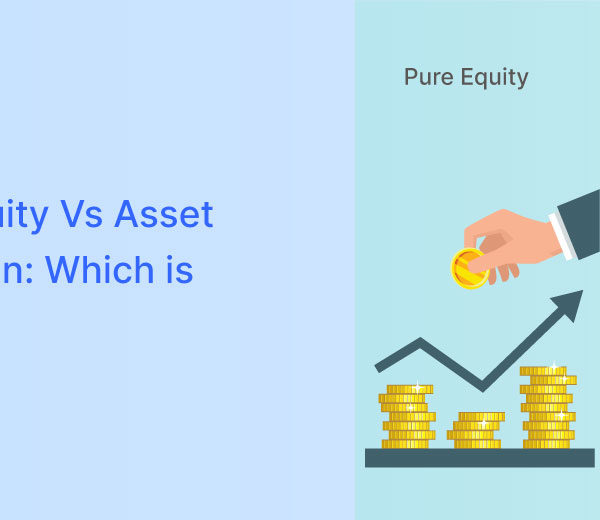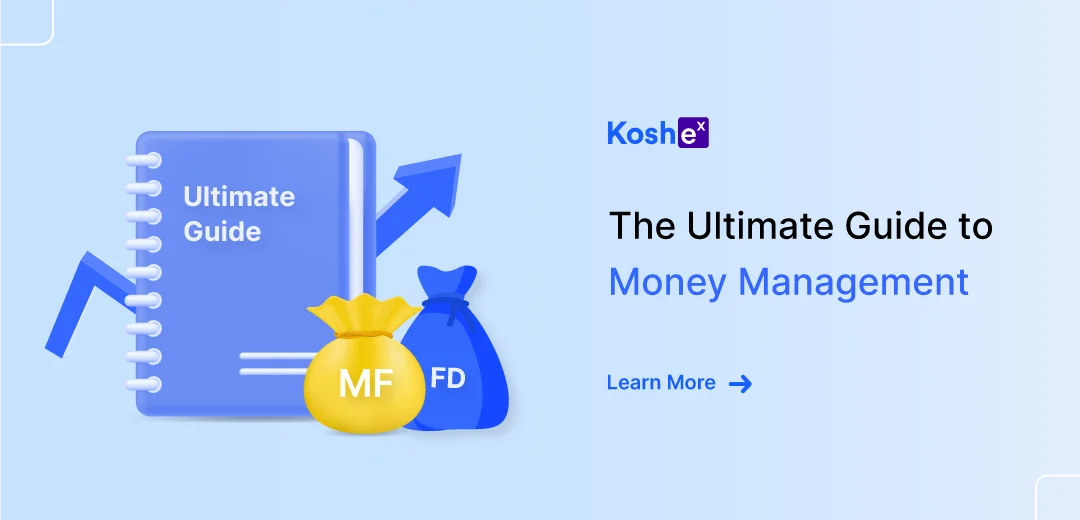Mutual funds have become increasingly popular among Indian investors in the past few years. Among the many types of mutual funds, multi-cap funds have emerged as a versatile choice. Multicap funds are suitable for those looking to balance risk and reward while tapping into the growth and potential of mid and small-cap stocks.
In this blog, we will explore what multi-cap funds are, their advantages, and whether they are the better way to invest in mid and small-cap companies.
What Are Multi-Cap Funds?
Multi-cap funds are a type of mutual fund that invests across large-cap, mid-cap, and small-cap stocks. Unlike focused funds, which concentrate investments in a specific segment, multi-cap funds provide exposure to the entire market spectrum. By investing in different market sizes, multi-cap funds allow investors to adjust their asset allocations according to their risk tolerance and investment goals.
The Securities and Exchange Board of India (SEBI) has said that 75% of a multi-cap mutual fund’s total investment should be in equities and equity-related instruments. This limit is further divided according to market capitalisation. It is recommended that fund houses should allocate a minimum of 25% in each of the market segments: large-cap, mid-cap, and small-cap companies. The allocation is done to safeguard investors’ interests in a volatile marketplace.
Also read: Difference Between Multi-Cap Funds And Flexi-Cap Funds
The Appeal Of Mid & Small-Cap Stocks
Mid-cap and small-cap stocks represent companies in their expansion phases, offering higher growth potential than established large-cap firms. However, they also come with higher risks due to their susceptibility to market volatility, economic cycles, and liquidity challenges.
Investing in mid and small-cap stocks directly can be daunting for individual investors because of the need for extensive research and risk management. This is where multi-cap funds shine, providing professional management and reducing risk through diversification.
Why Choose Multi-Cap Funds For Mid & Small-Cap Exposure?
There are several reasons why you should consider choosing multi-cap funds and here are a few:
Diversification
The obvious advantage of multi-cap mutual funds is the diversification offered by the funds. It is the only type of equity mutual fund that invests across market capitalisation. Multi-cap fund managers dynamically manage their portfolio mix, depending on market conditions. This makes multi-cap mutual funds ideal for those investors who do not want to follow the market regularly and actively make changes to their mutual fund portfolio regularly.
Active Management
Professional fund managers actively select and rebalance the portfolio to optimise returns, considering market trends and economic indicators. This hands-on approach is particularly beneficial when navigating the volatile mid and small-cap segments.
Flexibility
Multi-cap funds offer the flexibility to invest in companies of various sizes. Fund managers can shift investments from large-cap to mid-cap or small-cap stocks depending on market opportunities and economic conditions. This flexibility can potentially enhance returns.
Potential For Higher Returns
Mid and small-cap stocks often have higher growth potential compared to large-cap stocks. By including these in the portfolio, multi-cap funds can offer opportunities for higher returns, especially in a bullish market.
Reduced Volatility
While mid and small-cap stocks are inherently volatile, the inclusion of large-cap stocks in multi-cap funds provides stability. This balanced approach allows investors to enjoy the best of both worlds i.e. steady returns from large caps and growth from smaller companies.
Regulatory Safeguards
The SEBI-mandated allocation rules ensure that multi-cap funds maintain a consistent approach. This reduces the chances of over-concentration in any single market cap segment.
Convenience
For retail investors, multi-cap funds offer a hassle-free way to gain exposure to mid and small-cap stocks without the need for in-depth research or market timing.
What Are The Factors You Should Consider While Choosing Multi-Cap Funds?
Here are some factors you should consider when investing in multi-cap mutual funds.
Investment Horizon
Always consider your investment horizon before deciding to invest in multi-cap mutual funds, as they are best suited for long-term investments. The ideal investment horizon for multi-cap mutual funds is 5 years or more than 5 years.
Investment Risk
When you invest in multi-cap mutual funds, your money is invested in the stock markets. So, you are exposed to market risks when you are investing in these funds. In the short to medium term, markets can be volatile and you need to consider the risks before investing in these funds.
Liquidity Risk
Mid and small-cap stocks have lower liquidity compared to large-cap stocks. This can impact the fund’s ability to buy or sell these stocks without affecting their prices significantly.
Management Risk
The performance of multi-cap funds largely depends on the fund manager’s expertise. Poor investment decisions or a change in management can impact the fund’s returns.
Who Should Invest In Multi-Cap Funds?
Multi-cap funds are ideal for:
- New Investors – Looking for diversified exposure to the equity market without the complexity of selecting individual stocks.
- Moderate Risk Takers – Comfortable with some degree of volatility for the potential of higher returns.
- Long-Term Investors – Willing to stay invested for at least 5 to 7 years to reap the benefits of compounding and market growth.
Multi-Cap Funds – The Better Way To Invest – The Conclusion
Multi-cap funds strike a fine balance between growth and stability, which makes them a compelling choice for investors looking to explore mid and small-cap segments without exposing themselves to risk. Their diversified nature, combined with active management, provides a structured approach to wealth creation.
While multi-cap funds may not completely eliminate the risks associated with smaller stocks, they offer a safer and more convenient pathway for investors to harness the growth potential of mid and small-cap companies. If you are looking to build a well-rounded equity portfolio, you can consider investing in multi-cap mutual funds.
If you wish to learn more about other types of mutual funds, including ELSS funds, and other types of investment instruments, such as Fixed Deposits, Digital Gold, and Smart Deposits, head over to our Blogs section. You can also check out our Calculators, where you can learn more about how much wealth you can accrue in certain years.
All geared up to start investing? Create an account with Koshex within just 60 seconds, without any paperwork. Apart from Mutual Funds, you can also invest in Smart Deposits, Digital Gold, Fixed Deposits, and more, through your Koshex Account. You can also track your expenses, build a budget, invest in hyper-personalized investment recommendations, monitor your investments, stay on top of your savings goals, and more with Koshex.
We are truly built for every aspiring & experienced Indian investor. Sign up for free today.
Frequently Asked Questions (FAQs)
What are the expected returns of multi-cap mutual funds?
The expected returns of a multi-cap fund can differ depending on various factors, like asset allocation, performance history, fee structure, and market fluctuations. However, these returns are not guaranteed and may fluctuate depending on market dynamics and economic conditions.
Can we redeem multi-cap funds anytime?
Yes. There is no lock-in period in multi-cap funds, except if they are part of ELSS funds.
Can I switch between multi-cap funds?
Yes. You can switch between multi-cap funds, but consider exit loads, taxation, and any potential loss of benefits from staying invested long-term








Leave a Comment